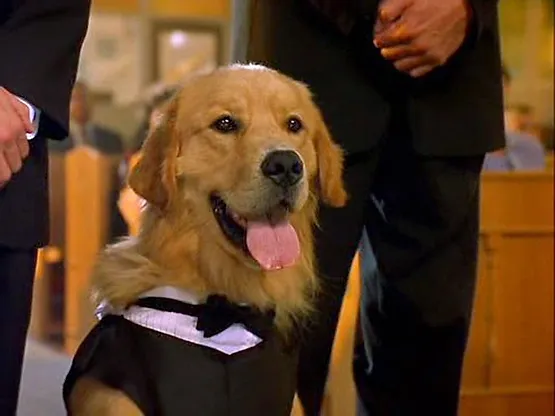By: Qinwei Wu
The 1999 Women’s World Cup was held in the United States and was watched by over 40 million people around the world. The United State’s team was talented and they were playing on their own home soil. When the United States beat China during the penalty kick, the United State’s women’s national team won its second World Cup title.
“In 2000, a year after the memorable win, the Air Bud film franchise started to look toward soccer. In the film, Air Bud the dog saves a children’s soccer team and scores a winning goal.
The most important part of “Air Bud: World Pup,” was the last six minutes or so. The scene showed a somewhat of a direct play to play of the famous 1999 World Cup win by the United States: except this time, Air Bud was facing against Norway.
Brandi Chastain, one of the soccer stars that helped win the second World Cup for the United States in 1999, was invited to Vancouver to help film the movie. She had earned the nickname ‘Hollywood’ for her willingness to promote the sport and her ability to be comfortable in front of the camera.
“…I thought that women’s soccer being a part of something like that is reaching out to more of the population that maybe wouldn’t have access or wouldn’t particularly come to women’s soccer”, said Chaistan, noting she was a fan of Air Bud even before the offer came in.
Chastain admitted that filming the “Air Bud: World Pup” movie wasn’t as easy as it seemed. They filmed that one last six-minute scene over three, eight-hour days.
One question many fans have been asking for years was, “As a male, how did Buddy compete for the women’s national team?”
Briana Scurry, the goalkeeper for the United states in the 1999 World Cup was invited to help film the movie as well. When she heard about this question, she burst out laughing, saying, “I was not aware of this conspiracy. That never crossed my mind.”
Robert Vince, an executive producer of the Air Bud franchise, has an answer. “I don’t think it was a gender-specific thing, I think it was just that he was a dog. Little kids don’t really think of their pet or their dog as a gender.”











